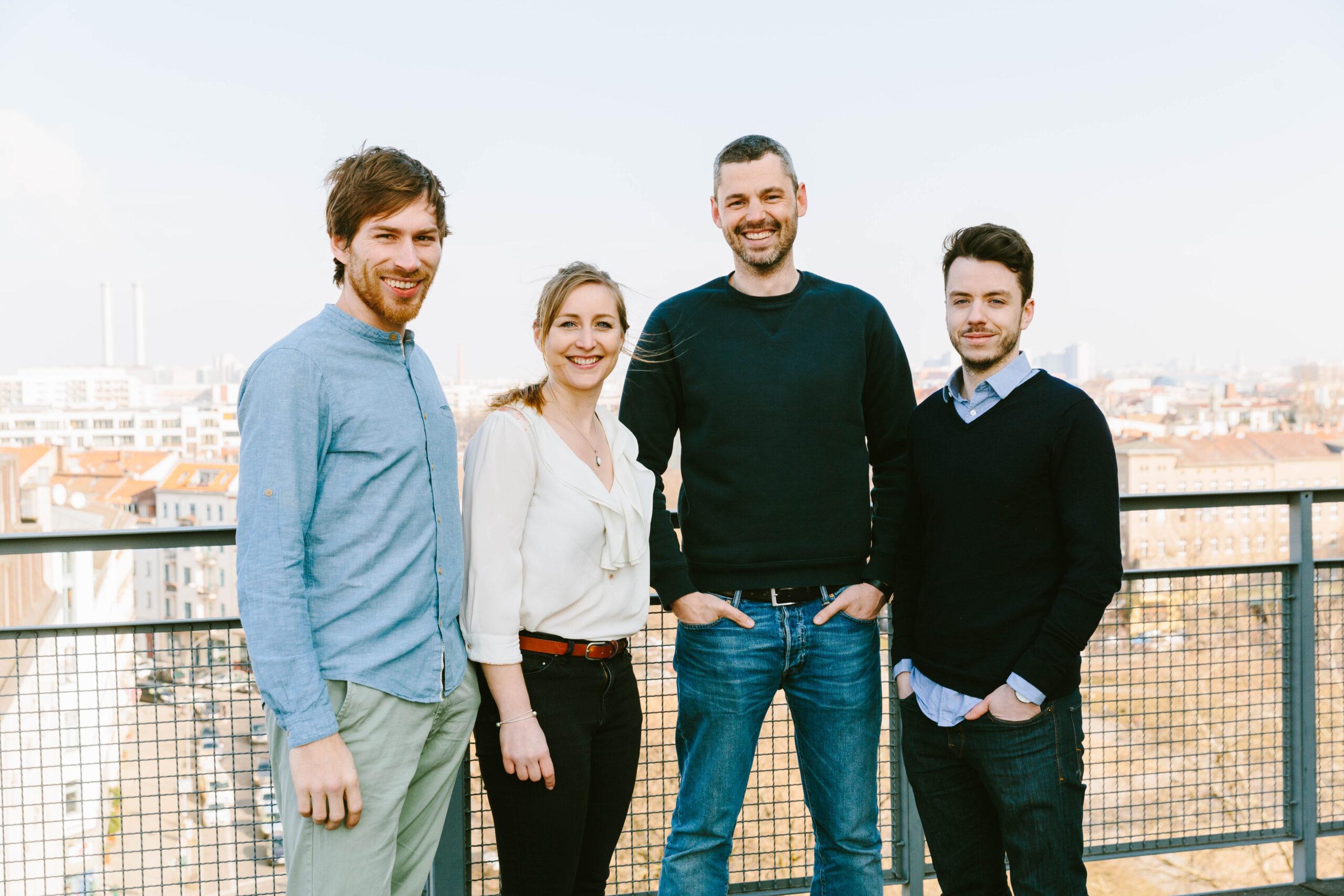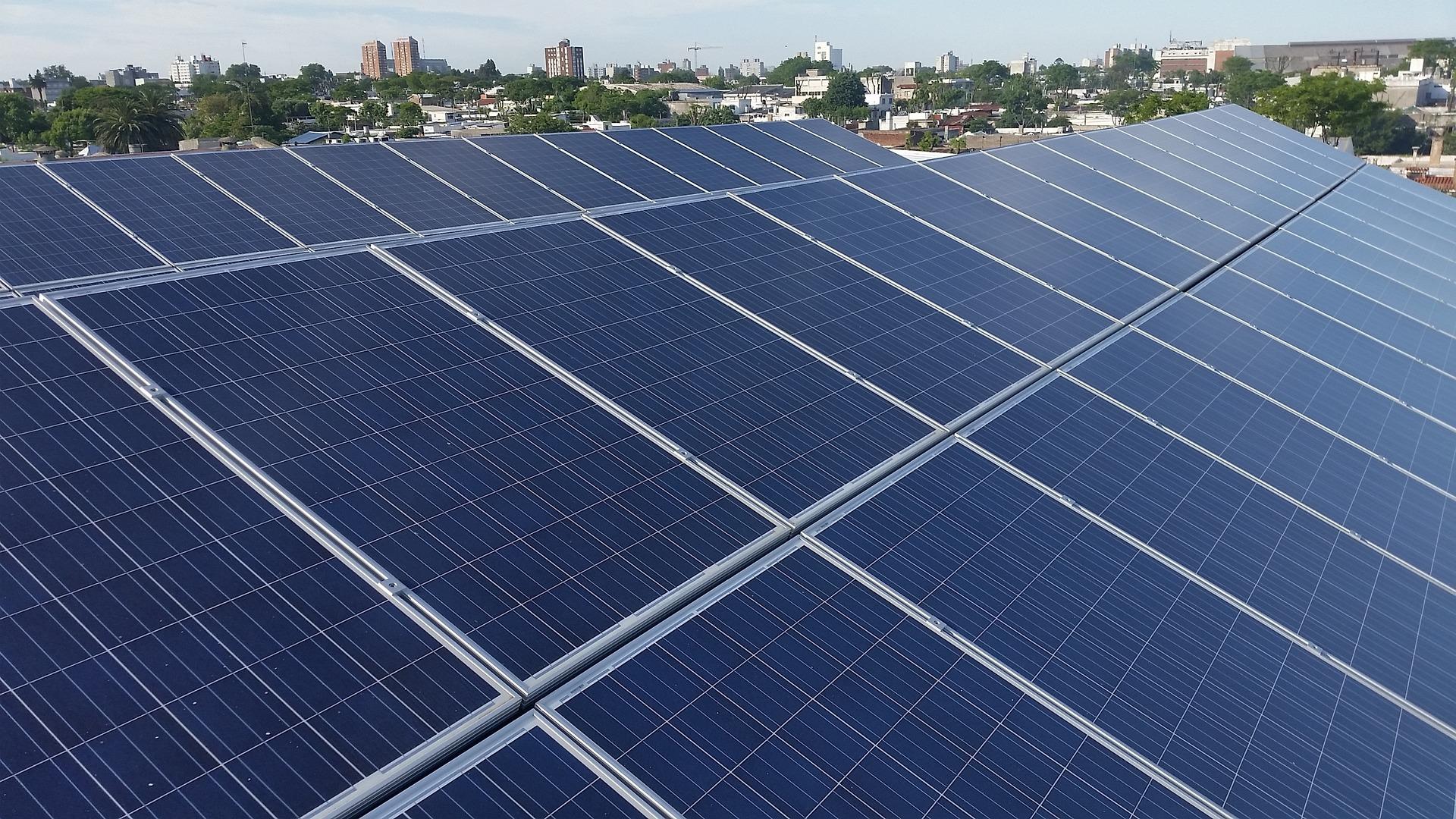"We have to close the gap to the mass market"

Investor Peter Schmetz from Vorwerk Ventures predicts a great future for start-ups that produce alternative foods. But there are still a few major hurdles to overcome.
Whether insects, plant-based products or a burger patty grown from a stem cell: There are likely to be more and more novel foods on supermarket shelves in the coming years - and Peter Schmetz, Investment Manager at Vorwerk Ventures, is right in the middle of it all. In this interview, he explains why start-ups that develop new foods are likely to take off soon and whether young companies in Germany can even compete with US companies.
Mr. Schmetz, you want to focus more on foodtechs at Vorwerk Ventures. How did you come up with that idea?
The food sector as a whole has always been an important topic for us as an investor in consumer tech. The field is huge, from Flaschenpost and Hellofresh, in which we have invested, to our investments in the company Alpakas, which delivers unpackaged food, we have invested in various food distribution models. At the beginning of 2020, we then took a closer look at what alternative food products will be available and how the markets there are likely to develop.
You probably quickly came across start-ups that were developing alternatives to meat products.
Yes, that's where we first got stuck and looked at a whole range of start-ups. I spoke to a lot of founders at the time and then we worked out our narrower focus. Vorwerk Ventures then invested in Planted Foods in Switzerland, for example. The start-up produces meat alternatives such as pulled pork from the protein-rich leftovers of sunflower oil production and chicken meat from pea proteins. I am now looking at everything that is available in Europe.
The burger patty grown from stem cells went around the world back in 2013. Aren't you a bit late?
That's what I thought at the beginning of 2020 when we started. I now have the feeling that we were quite early. The meat alternatives sector already seemed pretty saturated to me. But with all the technologies, there is still a lot of room for improvement. Basically, it's not just about appealing to vegetarians and vegans, but also to those who like to eat meat. We need to close the gap to the mass market.
How can start-ups also reach these people?
The price point is crucial. As consumers, we are used to getting food quite cheaply. If the technologies for meat alternatives, for example, are more mature, then these products can also be offered at a lower price.
However, traditional meat is sometimes very cheap.
The meat market is currently extremely subsidized. With plant-based substitute products, we could perhaps start by competing with organic products, which are somewhat expensive. But the fact that meat is often so cheap is indeed a problem. In order to promote animal welfare and reduce CO2 emissions, meat actually has to become more expensive.
And then, of course, there's the issue of taste.
Yes, customers shouldn't think "oh, that was nice, but next time I'll go back to the classic product". As the technologies become more sophisticated, the taste will also improve. But it's not about competing with high-quality steak. There will always be animal meat and that's okay.
Couldn't many people be put off if the food suddenly consisted of completely atypical ingredients?
Of course, when it comes to meat substitutes, consumers initially find it harder to understand how they are made and what they contain. But let's be honest: the meat industry also uses hormones on a massive scale, but hardly anyone thinks about it.
What can and cannot be marketed as food in the EU is strictly regulated. Is this slowing down start-ups?
Start-ups have to go through a lengthy novel food process to be allowed to market their products in the EU. The review by the responsible EU authority can take two to three years. That is a long time for a start-up. It is quicker in the USA and only takes around six months in Singapore. However, this also has an advantage for European start-ups: start-ups from the USA or Asia cannot compete with them for the European market that quickly. And those who survive the European review can be sure that they will also make it in the USA and Asia.
Thank you very much for the interview.
Personal details: Peter Schmetz has been with Vorwerk Ventures since 2018. Before joining the venture capitalist, he worked in the treasury department of the Vorwerk Group in Wuppertal, where he was mainly responsible for foreign currency and liquidity management and also helped to manage the Vorwerk investment fund.

Newsletter
Startups, stories and stats from the German startup ecosystem straight to your inbox. Subscribe with 2 clicks. Noice.
LinkedIn ConnectFYI: English edition available
Hello my friend, have you been stranded on the German edition of Startbase? At least your browser tells us, that you do not speak German - so maybe you would like to switch to the English edition instead?
FYI: Deutsche Edition verfügbar
Hallo mein Freund, du befindest dich auf der Englischen Edition der Startbase und laut deinem Browser sprichst du eigentlich auch Deutsch. Magst du die Sprache wechseln?
























